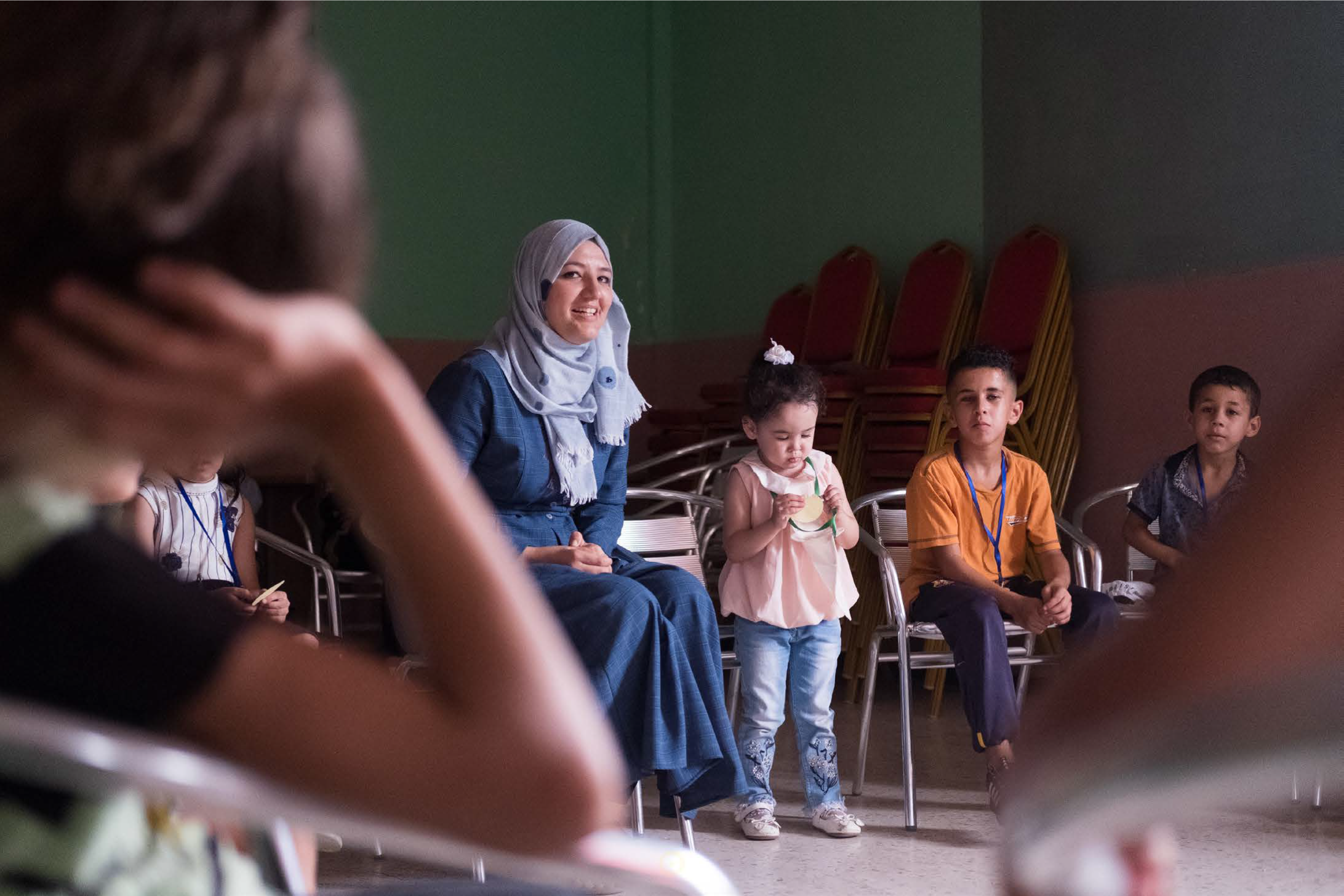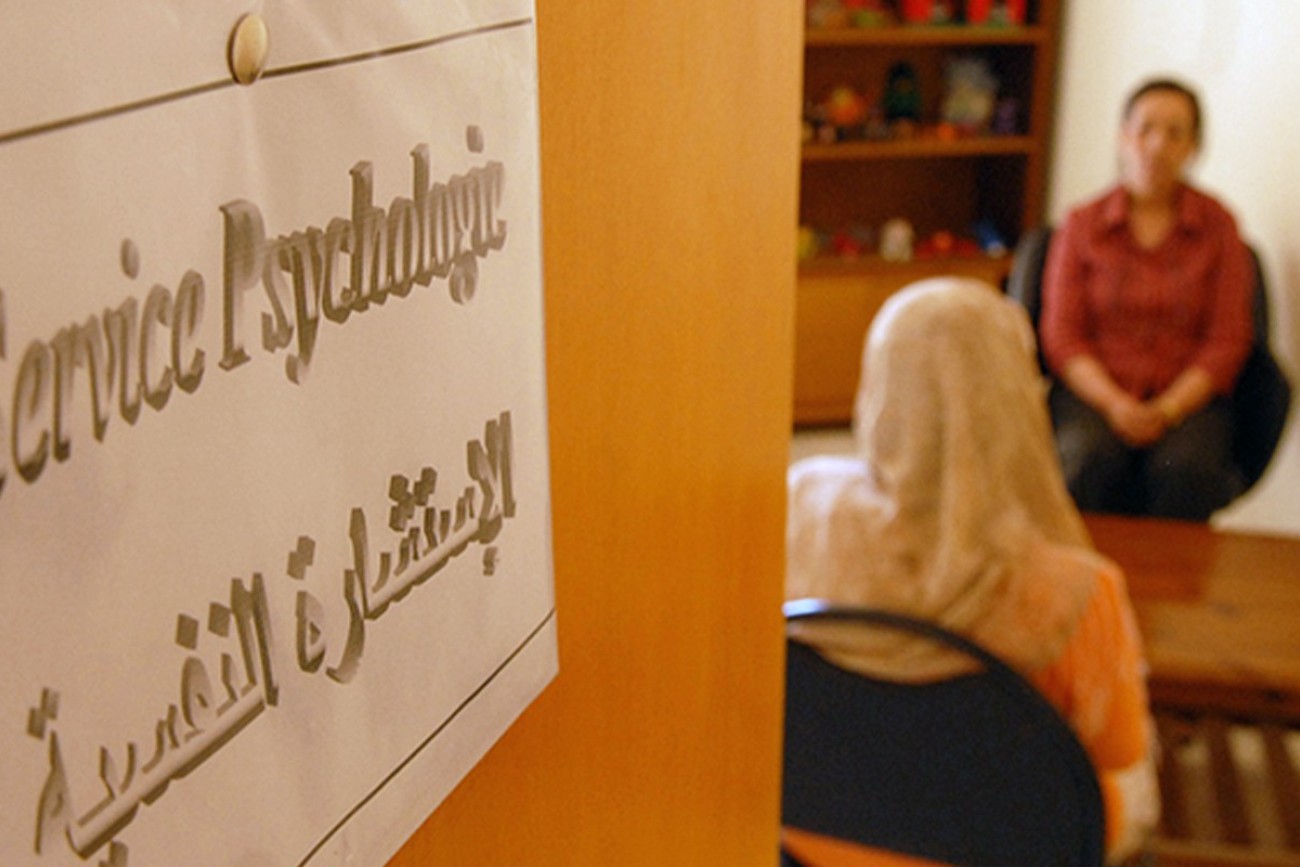Algeria
This page has been automatically translated. The German version is authoritative. Thank you for your understanding.
Algeria has almost 43 million inhabitants and is one of the Maghreb countries in North Africa. After years of a bloody war of independence and a simultaneous civil war, Algeria gained independence from France in 1962. A coup d'état by the military in 1991 triggered the civil war between 1992-1998, known as the «décennie noire - black decade». Diplomatic relations between Algeria and Morocco are once again tense due to the unresolved Western Sahara conflict.
11% of Algerians are officially unemployed, 29% of 15-24 year olds. A fifth of 15 to 25-year-olds do not attend school, do not work and are not in vocational training. Young people suffer particularly from having no prospect of work or prospects for the future.

Algerian society is strongly patriarchal. If women want to move outside the home, they are often dependent on their male guardian. This is even more pronounced in rural areas. Algerian women have few opportunities to pursue an education or work outside the home.

Equality between women and men is enshrined in the constitution. Many rights and obligations of women are regulated in restrictive family law. Women are at a disadvantage when it comes to marriage, divorce and child custody. The World Economic Forum's Gender Gap Report 2023 ranks Algeria 144th out of 146 countries. A high number of unreported cases of violence against women are suspected, as women often do not confide in anyone for fear of bringing dishonour to the family.
Frieda, the former cfd, has been active in Algeria since the early 1960s. Frieda does not currently have a project in Algeria.

